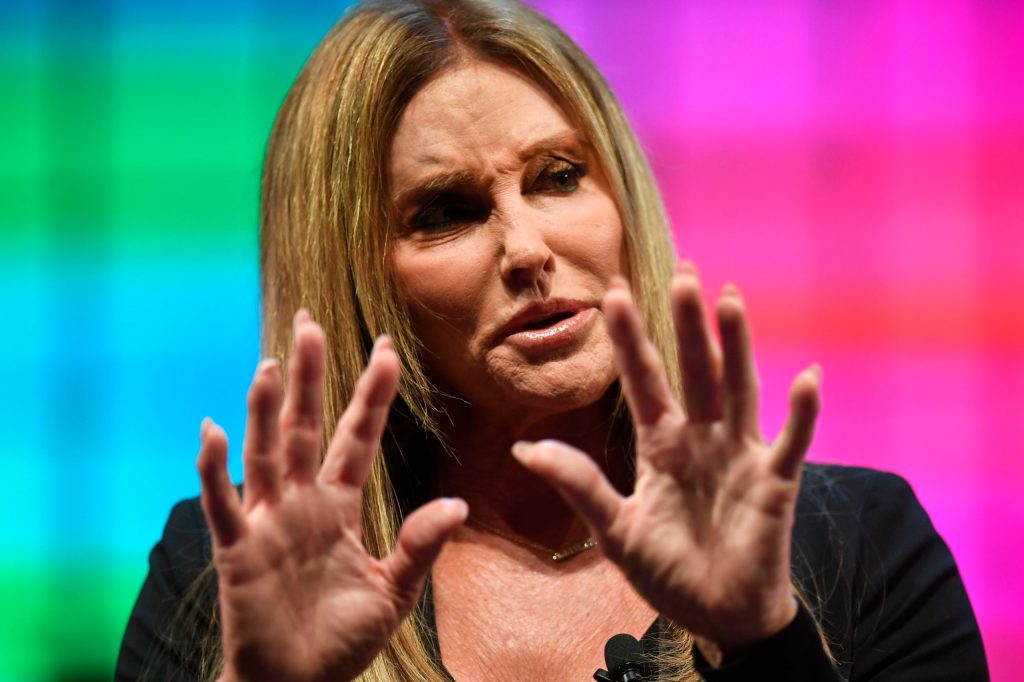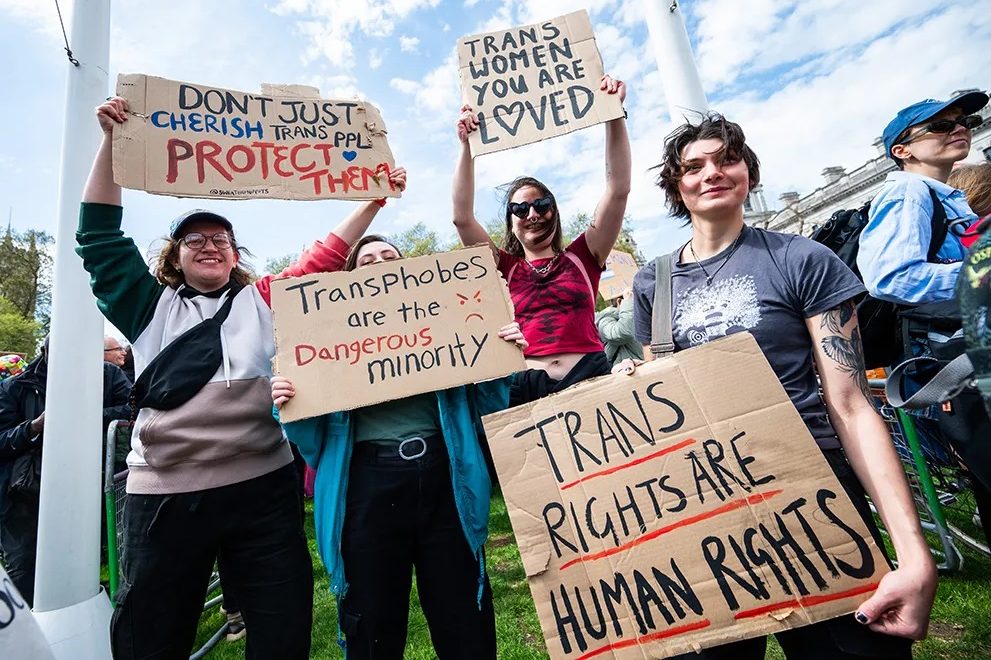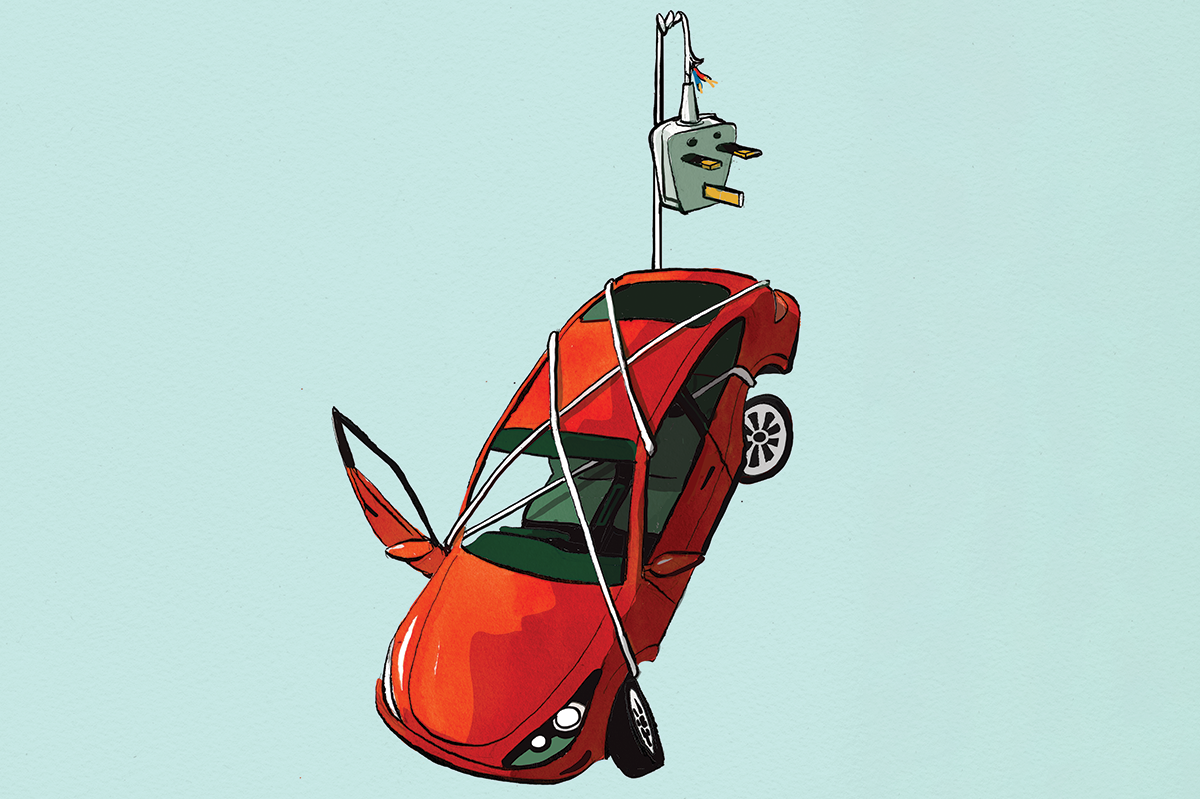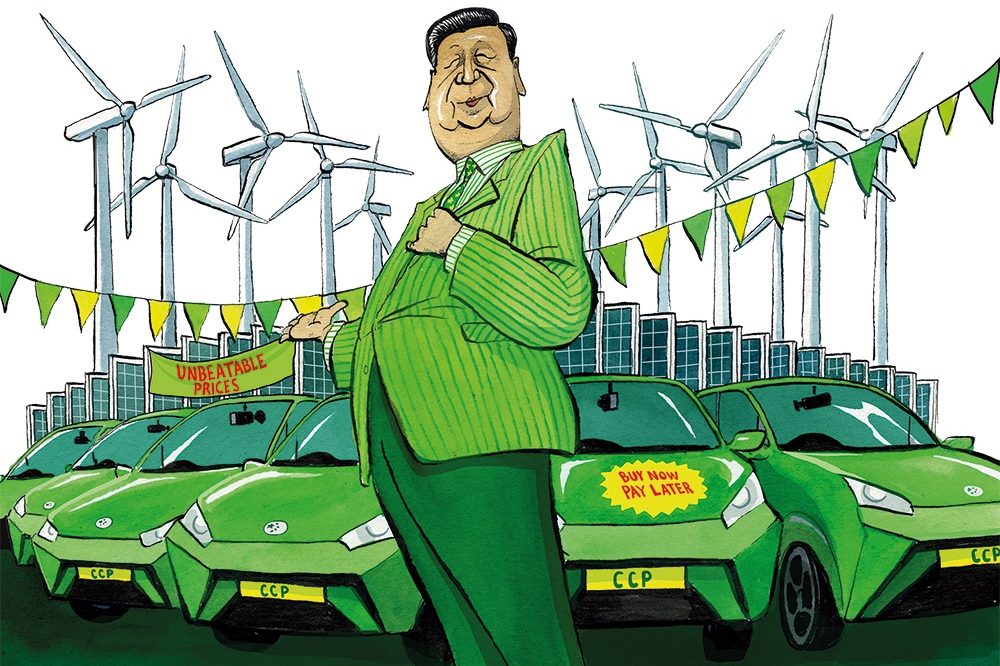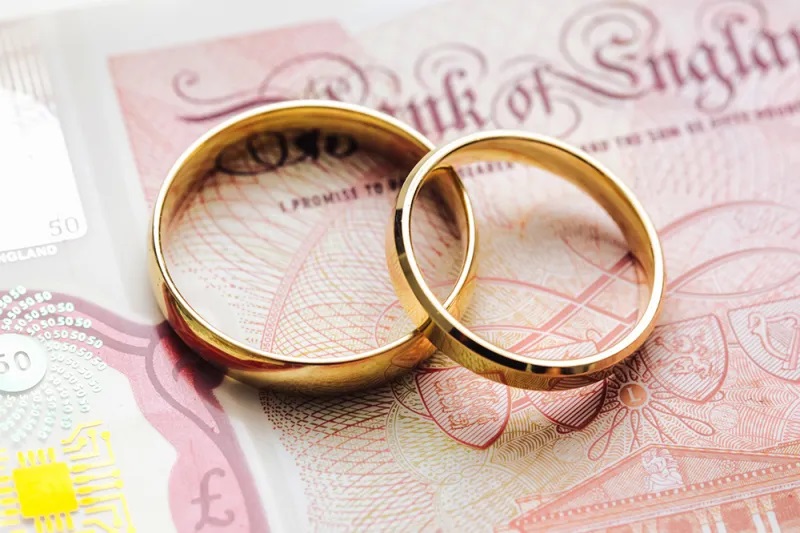This column is not in my interest. But then, not for the first time. I cannot count the conversations conducted in recent years with reasonable, moderate people when expressing what should be reasonable, moderate views, during which my companions exhibit signs of drastic anxiety: fidgeting, darting pupils, twisting hands. The mumbling under the breath can border on unintelligible. If we’re in public, they will look wildly around to see who might be listening. Even in private, friends and colleagues emphasise that they’re speaking off the record. These must have been the kind of uneasy, secretive exchanges whispered between folks not wholly on board with National Socialism in 1930s Berlin.
But in 2018, what gets discussed in hushed tones? Transgenderism.
Something happened circa 2011 to 2012. It may not be a coincidence that this was also the point at which homosexuality became so broadly accepted in the West that the majority of people (even in the US) supported gay marriage. Thus advocating gay rights was no longer cutting edge. Homosexuality became a big yawn. We needed a new outré fascination.
At no point during my lifetime has any fixation consumed western culture with the rapidity of our obsession with transgenderism. I’ve never seen anything like it. Documentaries flooded television schedules. Films and series suddenly had trans characters; Transparent had a trans protagonist. Publishers are now awash in manuscripts about coming out as trans and transitioning. Schools, even kindergartens, have revamped their curriculums, social services their protocols. On university campuses, it’s now routine to include one’s ‘preferred pronoun’ in class introductions. None of this is new to you Speccie readers, who have withstood the same cultural avalanche. But if you’re savvy, you’ve either exclusively talked up how bloody marvellous this all is, or you’ve kept your mouth shut.
So what sorts of, if you will, transgressive thoughts do acquaintances fear being overheard? They sometimes venture timidly that maybe, just maybe, telling three- and four-year-olds that they have to ‘decide’ what gender they are, before they’re old enough to entirely grasp what gender means, might be a little confusing. Or that perhaps adolescents whose brains are still developing should be discouraged from taking irreversible medical steps while they’re still figuring out who they are. Others might worry tentatively that swapping genders could seem to offer the troubled a cure for problems that are bound to survive surgery intact. Still others might puzzle over why so few gung-ho parents on those documentaries seem concerned about their kids’ capacity to reproduce.
These sceptics are not closed-minded North Carolinian Republicans preoccupied by bathrooms. They are normal people with normal concerns about a dizzying social change that has seen the adult trans population of the US double in five years. The Royal Children’s Hospital in Melbourne saw a single child diagnosed with gender dysphoria in 2003; now it annually treats 200. In the UK, gender clinic referrals have quadrupled in five years.
Even the newly doubled statistics in the US put the number of trans adults at0.6 per cent of the population; a study in Minnesota of ninth and 11th graders recorded 3 per cent trans students — proportionally, five times the adult rate. Yet despite the scale and swiftness of this social tide, we’re not to subject any aspect of the surge to debate.
Thus a new study by an academic at Brown University is anathema. Looking at nearly 300 cases, Lisa Littman documented the rise of ‘rapid-onset gender dysphoria’ among adolescents who’d expressed no discomfort with their sex as children — until recently rare. According to the teens’ parents, 87 per cent of these once gender-well-adjusted kids — although two thirds had been diagnosed with a previous developmental or psychiatric disorder — either immersed themselves in trans websites or were part of ‘cluster outbreaks’ in groups of friends, or both. In a third of cases, half or more of the friendship groups had come out as trans, and reported being more popular thereafter.
Deluged by activist criticism, Brown took the press release announcing the study’s publication offline. The dean withdrew research support. The study’s methodology was disputed, but most of all, its conclusions were too hot to handle. One is never to observe that this sudden oceanic cultural obsession with transgenderism might have the teensiest affect on teenagers, who are especially alert to trends. Social contagion might also help explain the astonishing switcheroo of who’s unhappy with their sex now. In 2009, 41 per cent of referrals to the NHS Gender Identity Development Service were female; in 2017, 69 per cent were female. That’s a huge shift. If the experience of having been ‘born in the wrong body’ is biologically innate, why is a slightly earlier cohort overwhelmingly male, the next overwhelmingly female? The only sensible explanation is social.
Why has any expression of measured concern about the phenomenon become so impossible? This cultural revolution set in so fast that few of us have caught our breaths. Trans activists, especially the male-to-female camp, have been notoriously vociferous and even physically violent towards perceived critics, making you wonder whether a little testosterone still runs in those veins. Since backing gay rights has grown ordinary, un-abridged enthusiasm about transgenderism became, overnight, the ultimate litmus test of tolerance. And in these us-them times, this is one more issue on which one cannot stake out a nuanced view. You’re for it or agin it. One discouraging word and you’re a transphobe.
I’m cool with gender-neutral loos. I’m glad for people to feel at home in their bodies. For all we know, in future we’ll get beyond this diagnosis of ‘dysphoria’ (imagine — my spellchecker doesn’t even recognise the word) and give everyone the chance to try on the other sex for size, just because they feel like it (though at already about $140,000 per transition in America, gender grass-is-greener will be expensive). But right now children and adolescents are making radical, often permanent, decisions about their futures that some kids might come to regret. The least we owe them is to talk about it.
This article was originally published in The Spectator magazine.



